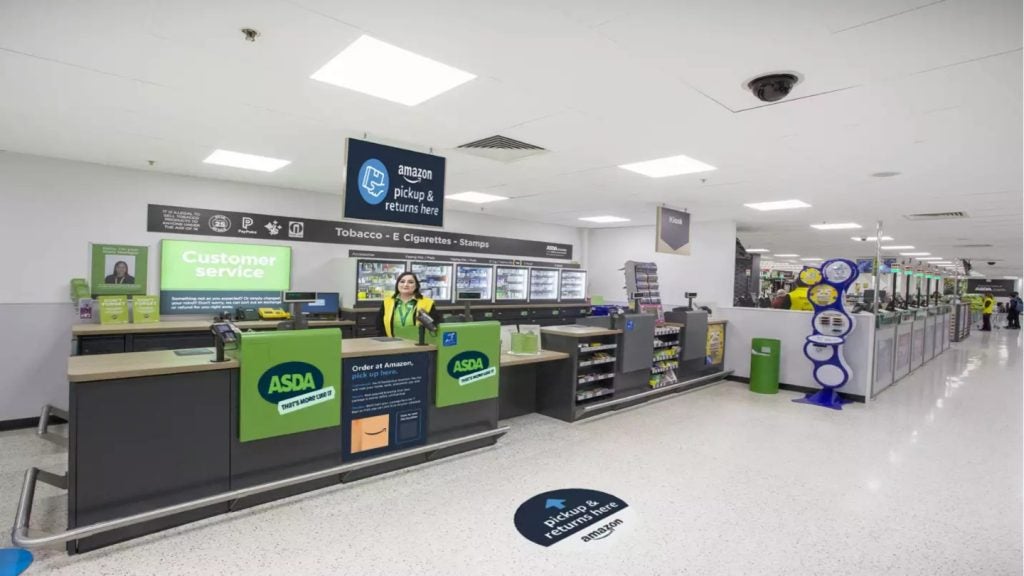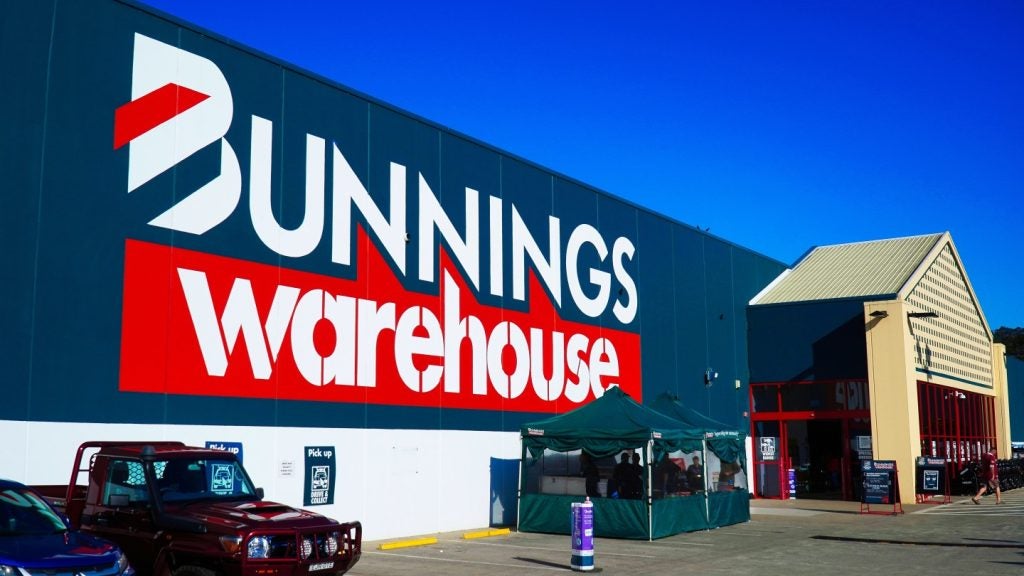While high streets and shopping centres adapt to shifting consumer preferences and technological advancements, the accessibility provided by car parking can significantly influence a shopper’s decision to visit a retail location.
Lucy Whing, Policy Executive at the British Retail Consortium (BRC), underscores the importance of convenient parking: “Car parking availability plays a pivotal role in retaining and attracting visitors to stores, making stores more accessible, enhancing customer experience, and promoting longer visits.”
Research supports this, with the High Streets Task Force ranking parking availability as the eighth most critical factor out of 237 influencing high street vitality.
Retailers can also enhance accessibility by providing features such as disabled parking spaces, ramps, and clear signage. These considerations make shopping easier for everyone, promoting inclusivity and encouraging longer visits.
Balancing costs and accessibility
The economics of car parking often spark debate. While some advocate for "free" parking to boost visitor numbers, studies, including the Mary Portas Review, reveal that it may not yield the desired outcomes.
Instead, free parking can lead to longer stays by fewer individuals, reducing turnover and potentially diminishing retail sales.
Further research suggests that well-structured parking systems, including appropriate pricing strategies, can positively impact local economies. A Netherlands-based study highlighted how parking charges, when set appropriately, increase visitor turnover and drive retail activity.
The British Parking Association echoes this, emphasising the need for sustainable models to fund maintenance and ensure efficient use of spaces. Safety and convenience are other vital factors. Secure and well-managed parking facilities reduce congestion and improve the shopping experience.
Lucy Whing also stresses integrating Electric Vehicle (EV) strategies, stating, "Facilitating the provision of accessible and reliable charging points will ensure the required infrastructure is delivered, meeting the needs of customers and businesses alike."
Parking’s role in urban centre revitalisation
Car parking influences more than retail sales; it shapes the broader appeal of urban centres.
A well-maintained parking system supports the night-time economy, ensures access for delivery vehicles, and caters to diverse customer needs, including disabled drivers and older individuals.
Transport for London studies reveal that while fewer shoppers may arrive by car in urban areas with robust public transport, those who do rely on parking facilities often demand accessible, cost-effective options. This highlights the need for urban planners and retailers to collaborate on creating integrated solutions.
As the retail sector evolves, car parking remains a fundamental pillar of urban centre attractiveness. From supporting economic growth to ensuring accessibility, parking strategies must adapt to new challenges, such as the transition to electric vehicles and changing consumer behaviours.
By prioritising convenience and inclusivity, retailers can continue to draw shoppers while contributing to the vibrancy of local economies.













